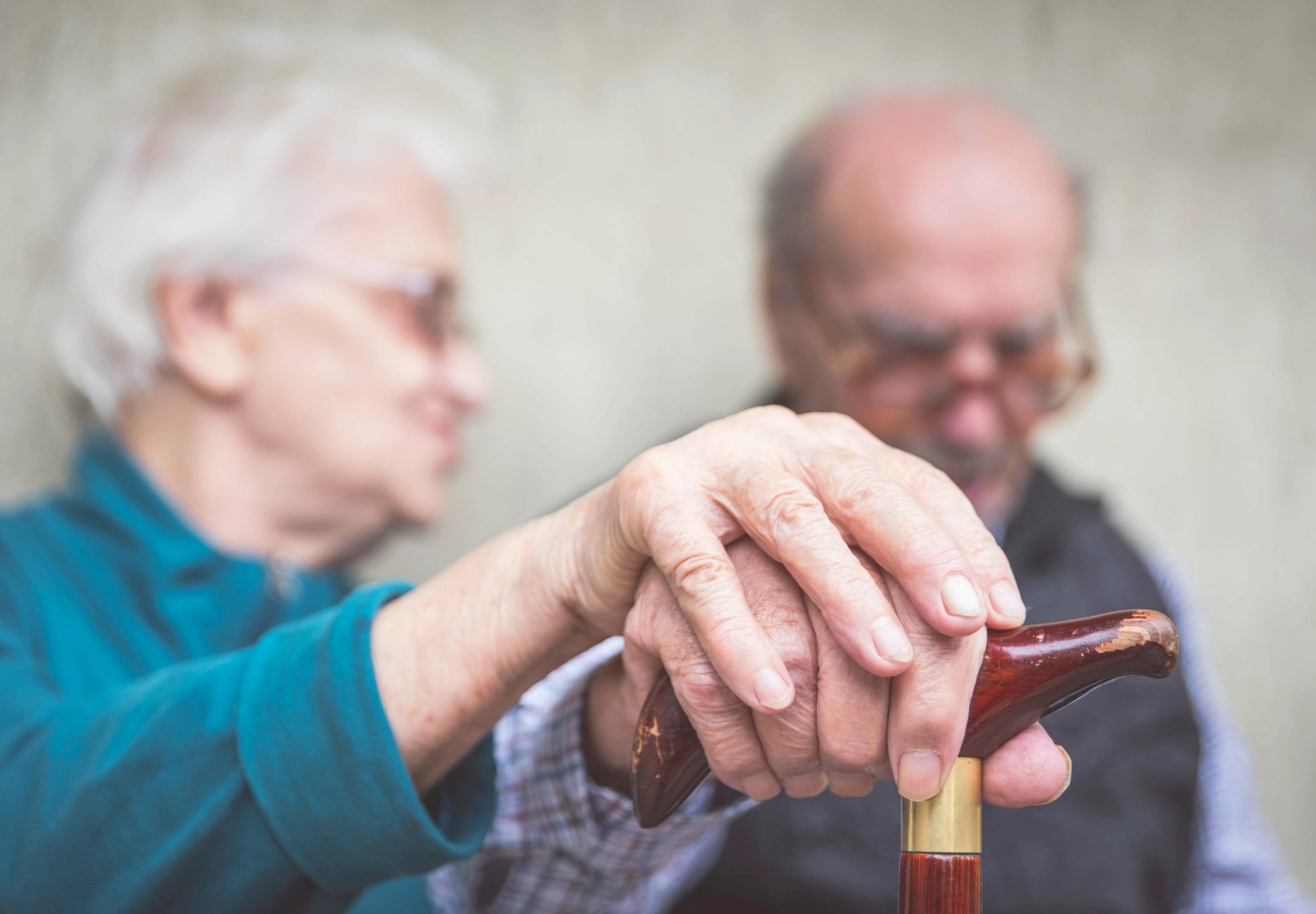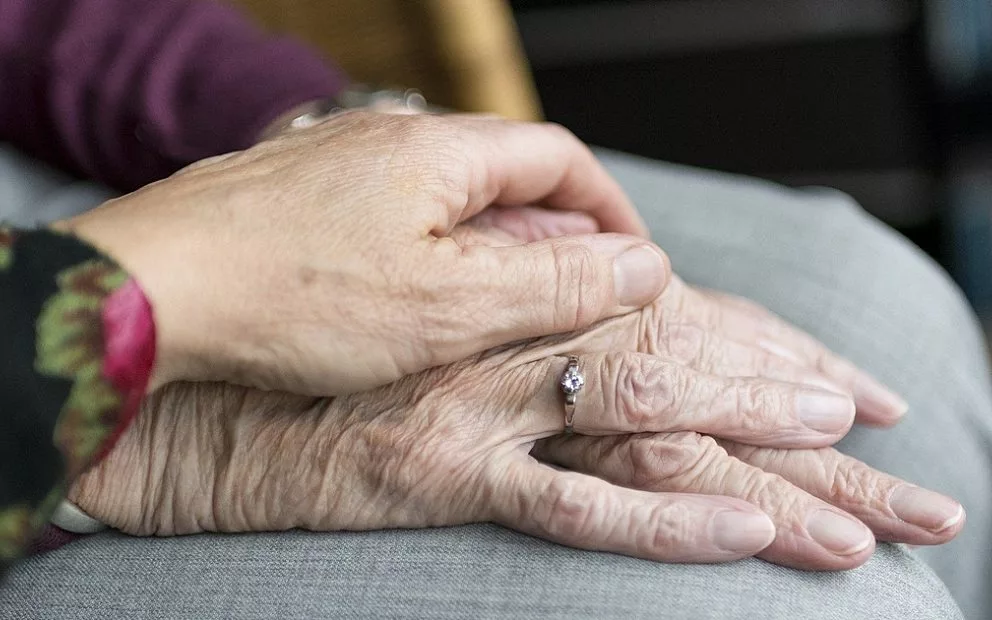New research from SAHMRI and Flinders University shows 354 older people who were accessing or waiting for aged care services died by suicide between 2008 and 2017, 0.7% of more than 530,000 nationwide, representing an overall reduction.
In a largely overlooked statistic, older adults record the highest age-specific suicide rate of any age group in most countries. In Australia, the suicide rate among men aged 85 and older is three times that observed in the general population.
Registry of Senior Australians (ROSA) post-doctoral researcher, Dr Monica Cations says the study showed that fewer than 20% of the older people who died by suicide engaged with a Medicare-subsidised mental health service in the year before their death, however it’s likely some of them had been accessing mental health services via other means.
“Each death by suicide is potentially preventable, and evidence suggests that most deaths by suicide among older adults result from psychological distress,” Dr Cations said.
“There has been very little research about this vulnerable population of Australians. Older adults have great difficulty accessing mental health support, which could be powerful in preventing their death by suicide.”
“Those living in residential aged care were least likely to die by suicide, probably because they were more frail and had more frequent monitoring. We know that people living in residential aged care commonly experience mental health concerns,”
The negative impacts of long wait times for aged care services were repeatedly highlighted in the recent Royal Commission into Aged Care Quality and Safety. Many of the older people who died by suicide during the study period were waiting for aged care services.
“These results emphasise the importance of continued efforts to reduce those waiting times”, says Dr Cations.
Those most likely to die by suicide are older men, people who had previously been hospitalised for self-injury, those living at home alone, and those with existing mental health conditions. The ROSA team is calling for these people to be key targets for suicide prevention efforts.
“Effectively preventing suicide in older adults requires multicomponent interventions that target social isolation, clinical symptoms, access to lethal methods, stigma, help seeking and access to mental health services,” Dr Cations said.
For people seeking help and further information on issues surrounding suicide and self-harm, please contact Lifeline on 13 11 14.





